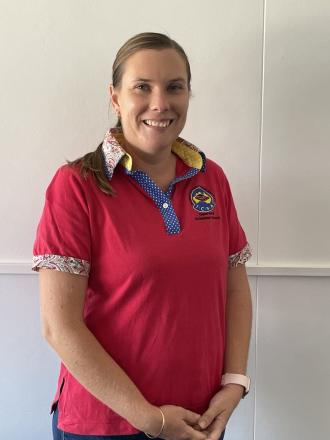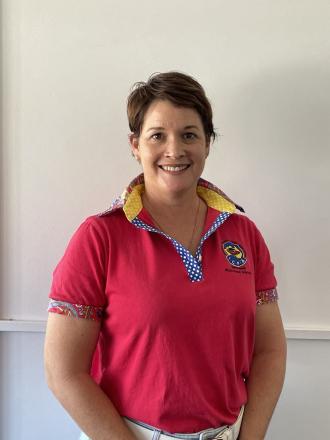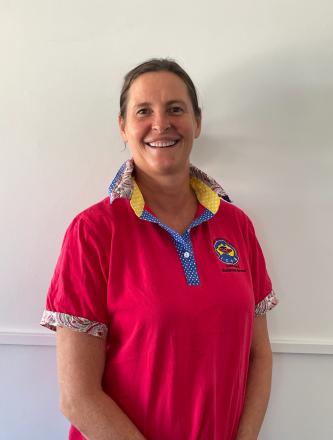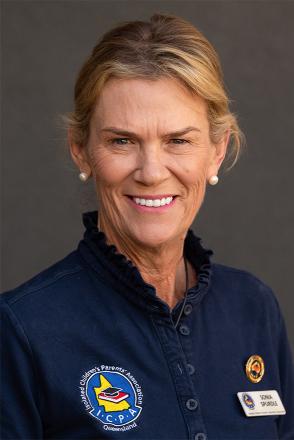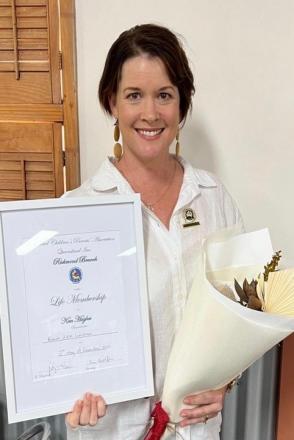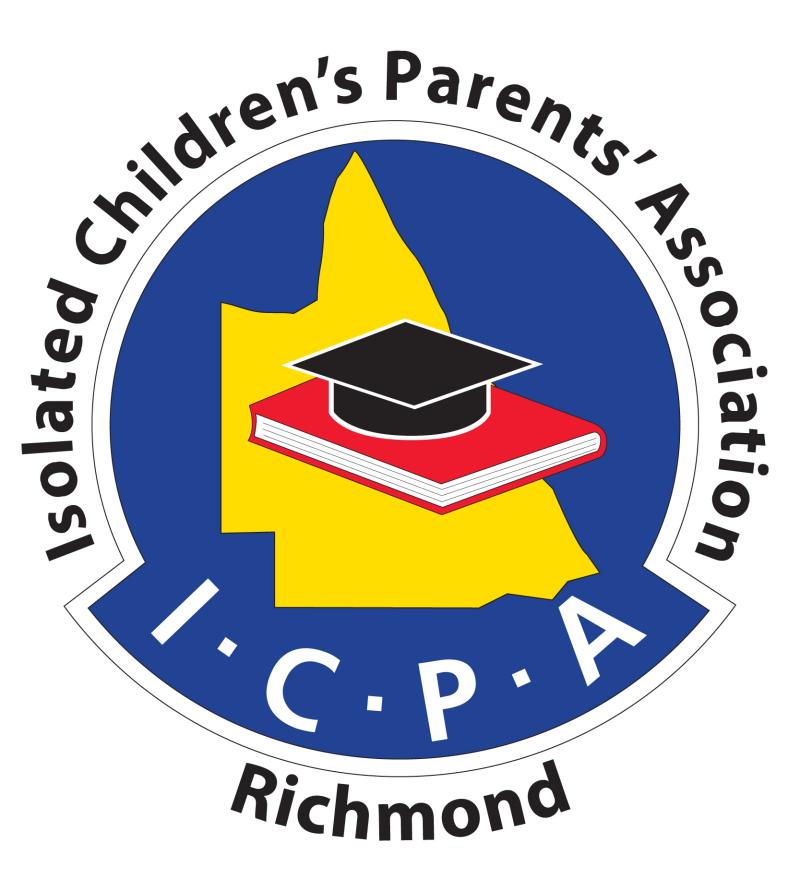
Welcome to the Richmond Branch
The Richmond Branch was formed on 1 November 1971 and was the seventh branch established in Queensland. The inaugural office bearers were: Mrs Pearl Logan, President; Mrs Joyce Murray, Secretary & Mrs Beverly Norton, Treasurer.
The branch is active in the local community and participates in a variety of events on the social calendar to fundraise and enhance the visibility of ICPA within the district. These events include the Richmond Field Days and more recently, a community High Tea, which is set to become an annual function.
We have several initiatives to support students including financial assistance for representative sporting activities at a state level and funding to subsidise costs for pre-service teachers participating in practicum at the Richmond State School.
The annual membership fee for Richmond Branch is $60/family.
Several branch members have been elected to State Council:
- Lady Pearl Logan MBE (dec)
- Mrs June-Mary Mott
- Mrs Carmel Chalmers
- Mr Garth Power
- Mrs Karolee Wolcott
- Mrs June Kuhl
- Mrs Kim Hughes
- Mrs Gillian Semple
- Mrs Susan Bellingham
- Mrs Megan Easton
- Mrs Tammy Bailey
Branch Life Memberships have been presented to:
- Lady Pearl Logan MBE (dec.) 1984 who was elected to the first Federal Council in 1972 and elected to Qld State Council in 1973. This MBE was awarded her MBE in 1975, whilst serving on both Councils, for her notable service assisting children living in remote areas and for community services.
- Mrs June-Mary Mott (1991)
- Mrs Kim Hughes (2022)
Branch Certificates of Appreciation have been presented to:
- Mrs Carmel Chalmers
- Mrs Jane Carter
- Mrs June Kuhl
In the history of the Richmond Shire there have been five schools:
- Richmond State School [became a High Top in 1964 and remains a P-10 school]
- Richmond Convent [closed 1972]
- Maxwelton State School [closed 1988]
- Nonda State School [closed 1972]
- Woolgar State School [1901-1912]
Students in the Richmond district access their education through various pathways including the local school, distance education and boarding school. Following secondary many students pursue apprenticeships and tertiary studies in larger centre.
Some issues relevant to the Richmond Branch are access to early childhood education, financial assistance for boarding school and school travel, teacher/student staffing ratios and adequate support for rural and remote apprentices and tertiary students.
The branch is committed to having delegate representation at State and Federal conferences to put forward educational issues affecting the local community and to contribute to the wider discussion around educational access for rural and remote students.

